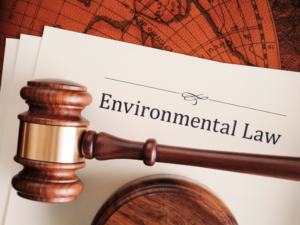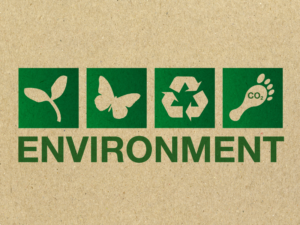Environmental Law and the protection of natural resources play a significant role in the development and use of property in New South Wales.
As a prospective property owner or developer, it is important to understand your legal obligations and the potential impact of environmental regulations on your plans.

One key aspect of environmental law in New South Wales is the protection of endangered species and their habitats.
The New South Wales Biodiversity Conservation Act 2016 (BC Act) sets out a framework for the protection and management of biodiversity in the state.
The BC Act establishes a Threatened Species Scientific Committee, which is responsible for identifying and listing threatened species and ecological communities, as well as determining the “critical habitat” that is essential for their survival and recovery.
If you are considering purchasing or developing property in an area where threatened species or critical habitat exist, you must exercise extreme caution to ensure that your plans do not negatively impact these resources.
You may be required to obtain a biodiversity assessment and approval from the Office of Environment and Heritage (OEH) before proceeding with your project, depending on the specific circumstances.
In addition to the BC Act, other environmental laws in New South Wales may also affect the use and development of property.
For example, the Protection of the Environment Operations Act 1997 (POEO Act) regulates activities that have the potential to cause pollution or harm the environment, including construction and development projects.

The POEO Act requires that you obtain an environmental protection license or approval before undertaking certain activities, and imposes penalties for non-compliance.
Another important area of environmental law in New South Wales is the protection of wetlands and other watercourses.
Wetlands are areas of land that are inundated or saturated by surface water or groundwater, and they are important habitats for a variety of plant and animal species.
The Wetlands Act 1997 (Wetlands Act) provides for the protection, management, and rehabilitation of wetlands in New South Wales, and requires that you obtain a wetland protection approval before undertaking certain activities on or near a wetland.
If you are thinking about buying or developing property next to a wetland or a watercourse, you should be aware of the potential impact of these laws on your plans.
Before proceeding with your project, you may need to obtain approvals or licences from the OEH or other regulatory agencies, and you may be required to implement measures to protect and preserve the wetland or watercourse.
As you can see, environmental law in New South Wales plays a significant role in the development and use of property, and it is important to be aware of your legal obligations and the potential impact of these laws on your plans.
If you are considering purchasing or developing property in the state, it is a good idea to seek legal advice from a qualified lawyer who can help you navigate the regulatory landscape and ensure that your plans are compliant with all relevant laws.
In summary, environmental law in New South Wales serves an important function in protecting the state’s natural resources and biodiversity, and it is your responsibility as a property owner or developer to ensure that you are in compliance with these laws and regulations.
You can help to preserve and protect the state’s natural beauty for future generations to enjoy by working with a lawyer and following the necessary procedures.
